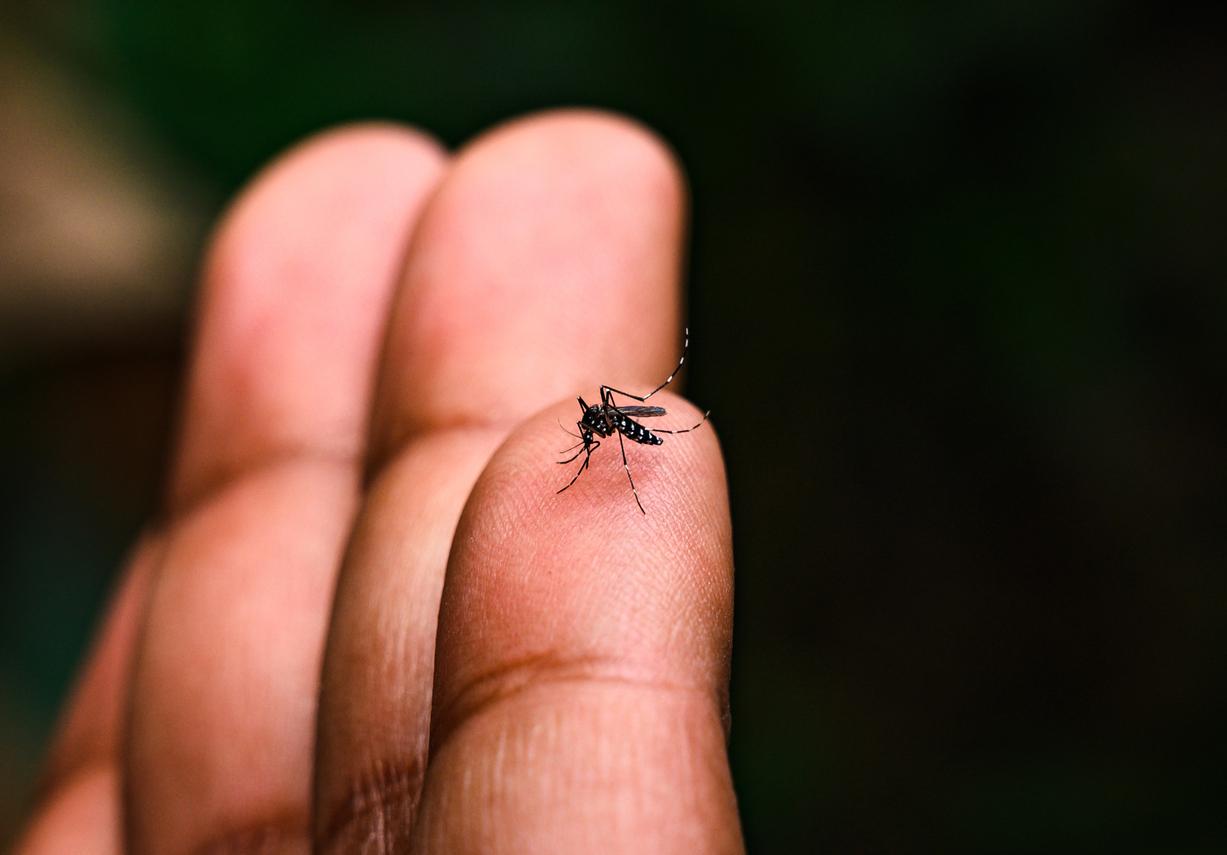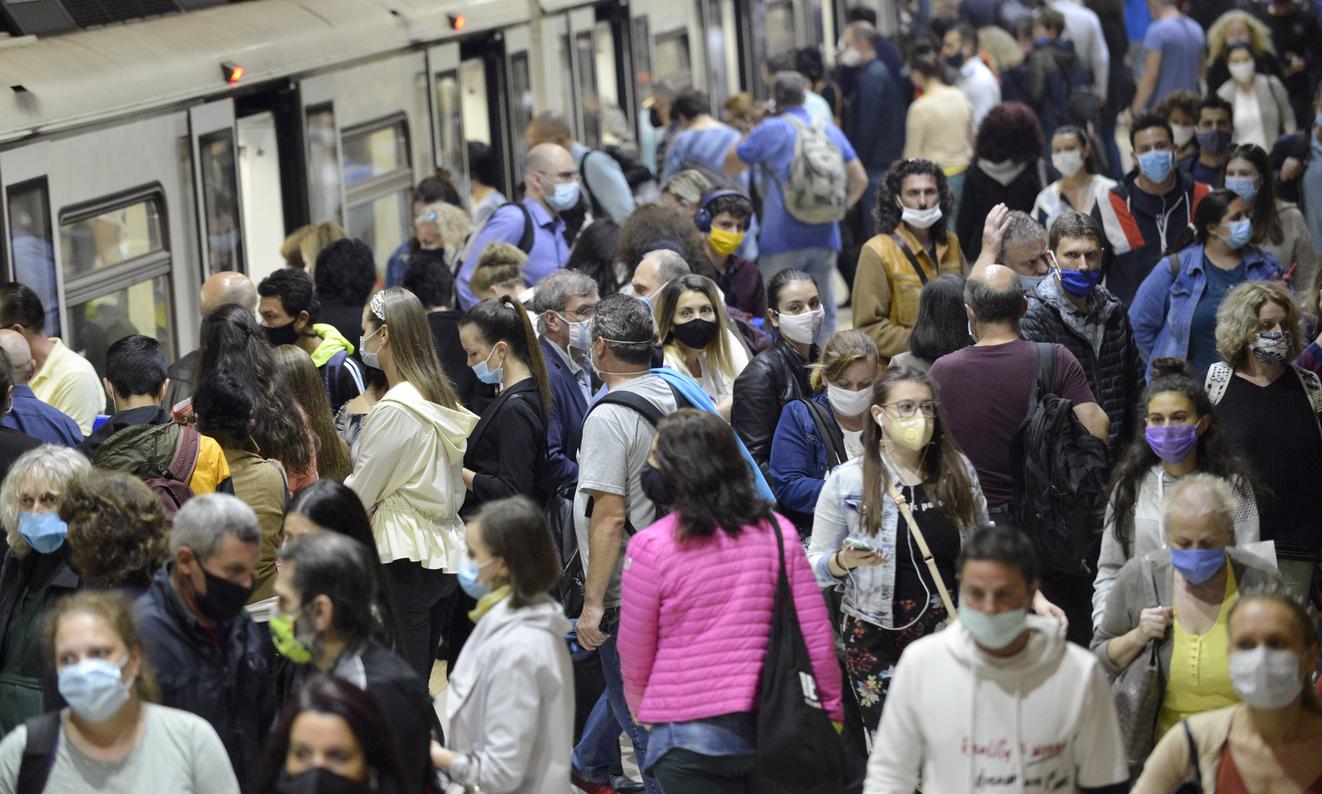Angiotensin-converting enzyme inhibitors and angiotensin receptor blockers, drugs often prescribed to people with cardiovascular disease, diabetes or chronic kidney disease, could increase the risk of complications from Covid -19.

- Treatments for cardiovascular disease, diabetes or kidney failure would increase the risk of developing Covid-19
- The patients concerned are called upon to strictly respect the precautionary rules.
Why do some patients with Covid-19 suffer from serious pulmonary complications? The angiotensin converting enzyme inhibitors and angiotensin receptor blockers, drugs often prescribed to people with cardiovascular disease, diabetes or chronic kidney disease, may increase the risk of severe Covid-19, an American researcher suggests in a paper published on March 18 in the Journal of Travelmedicine.
The SARS beta coronaviruses, SARS-CoV, which caused the SARS (severe acute respiratory syndrome) epidemic in 2003 and the new SARS-CoV-2, the cause of Covid-19, bind to receptors for converting enzyme 2 (ACE2) into the lower airways of sick patients, to enter their lungs. This is why susceptible patients, most often senior citizens, sometimes develop life-threatening viral pneumonia after 10 to 14 days of incubation.
“Angiotensin converting enzyme (ACE) inhibitors and angiotensin receptor blockers (ARA-II) are highly recommended medications for patients with cardiovascular diseases including heart attacks, hypertension , diabetes and chronic kidney disease, to name a few”, explains Dr. James Diaz, professor and director of environmental health sciences at LSU Health New Orleans School of Public Health in the United States. However, many of the patients taking these treatments are elderly.
“Avoid crowds, mass events…”
Research in experimental models has shown an increase in the number of ACE2 receptors in the cardiopulmonary circulation after intravenous infusions of ACE inhibitors. “As patients treated with ACEIs and ARA-IIs will have an increased number of ACE2 receptors in their lungs for coronavirus S proteins to attach to, they may be at higher risk for severe disease progression in reason for SARS-CoV-2 infections”explains James Diaz.
This hypothesis is supported by a recent analysis of nearly 2,000 patients with the new coronavirus, treated in China from December 11, 2019 to January 29, 2020. The researchers then reported serious consequences in people with hypertension, coronary artery disease, diabetes and chronic kidney disease. All patients with these listed diagnoses met the recommended indications for treatment with ACEIs or ARBs.
Diaz therefore recommends future case-control studies in patients with Covid-19 to confirm that chronic treatment with ACEIs or ARBs may well increase the risk of serious outcomes. “Patients treated with ACEIs and ARBs for cardiovascular diseases should not stop taking their medications, but should avoid crowds, mass events, sea cruises, prolonged air travel and all people with respiratory diseases during the current Covid-19 outbreak to reduce their risk of infection”he wrote.
Why children seem spared
As for children, who currently seem immune to Covid-19, two mechanisms could protect them from infections. The first could be explained by cross-protective antibodies against multiple upper respiratory tract infections caused by alpha coronaviruses. The second could be due to fewer ACE2 receptors in their lower airways to attract beta coronavirus binding S proteins.
On February 11, a study carried out in China on 44,000 infected cases had determined that, of all these people, only 960 were under the age of 19, i.e. 2% of the cases while this age group represents 20 % of Chinese population.
More recently, work published in the journal Pediatrics carried out from the analysis of files of 2,143 pediatric cases of coronavirus observed in China between January 16 and February 8 revealed that Covid-19 had been confirmed in a third of patients under the age of 18 by analyzes in laboratory. However, while some young people have suffered from a severe form of the disease, children are generally much less affected than adults. For Doctor Betsalel Toledano, pediatric emergency doctor at Creil hospital, “children can be infected with the virus, but most often will not express as many symptoms as in adults.”
“It should be noted that the opinions of specialists are clearly divided on this question. Some say they are used to it, because of vaccinations, small repetitive infections in the community (nursery, school), children have a much more efficient immune system. The second aspect is that the pulmonary system in the youngest is not completely finalized and does not allow the virus to enter it. Contagiousness is therefore possible, but the symptoms are poor”he explains to the site E-Health.

.















